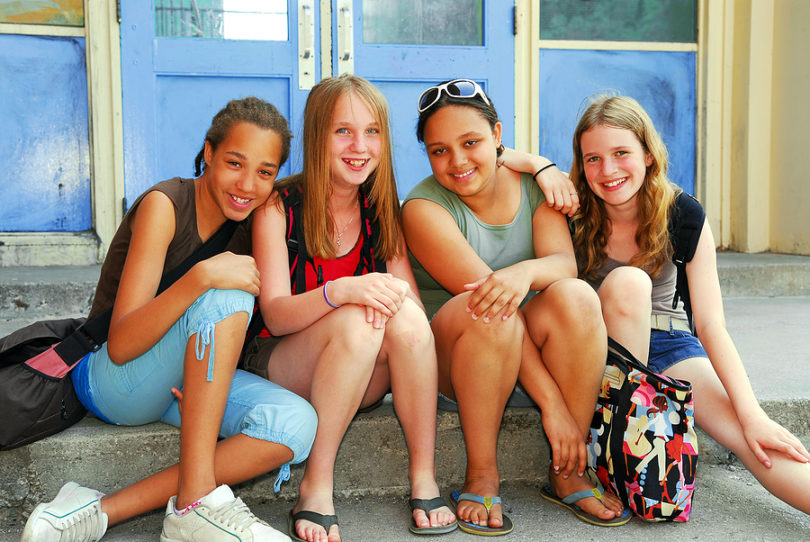Could my child have anxiety?

What does anxiety look like?
Anxiety itself, while terribly uncomfortable, is not life threatening. Although it may feel that way to a child it is in fact a very normal response to a threat – perceived or real. Our body reacts to fear to keep us safe. When anxiety is triggered, our fight, flight or freeze response goes off in our brain like an alarm, and we usually react by stopping, attacking, or running away (avoiding) the feared situation.
Types of anxiety
While there are common traits to anxiety - mental processes (thoughts), physical symptoms, and behaviour - everyone is individual, and no two people will experience anxiety the exact same way. Yet there are some common patterns that separate the types of anxiety a child may experience. Each are understood and treated a little differently.
Below are the different types of anxiety a child can experience:
Separation anxiety – fear of separating from primary attachment figure (i.e., mum or dad), fear of getting lost or something terrible happening to caregiver, difficulties going to school/kinder/childcare.
Specific phobia – fear and avoidance of a specific thing i.e., the dark, heights, spiders, animals, doctors, dentists, storms, water, etc.
Generalized anxiety – extreme conscientiousness, worrying about mistakes and performance, afraid of new situations, asking a lot of questions and seeking reassurance.
Social anxiety – shy, difficulties in meeting new people and joining social groups, few friends, worries will embarrass themselves, avoids participation.
Obsessive-compulsive disorder – does the same thing over and over, complains of thoughts getting “stuck” in their mind, worries about germs or being dirty, must do things in a precise way.
Panic disorder – sudden attacks of panic out of the blue, avoids activities that might leave them breathless, thinks they are dying, or something is physically wrong with them, scared of more attacks.
Post-traumatic stress disorder – recurrent bad dreams and thoughts about a traumatic experience, becomes upset and avoids situations that remind them of the experience, jumpy and irritable.
How do I know if my child’s anxiety is a problem?
This is a common question many parents ask. When does anxiety become a problem? When do I need to seek professional help for my child? When anxiety is experienced often, and it impacts on a child’s ability to function daily, it may be considered problematic. This can look like a child repeatedly refusing to go to school or kinder, or refusing to be away from their primary caregiver. Anxiety might interfere with friendships, with your child unable to form new friendships. It might also look like a child who is unable to sleep alone due to excessive fears, or a child who must always have someone with them to feel safe. Anxiety can impact on your child’s concentration, learning and participation in activities that they usually enjoy, and can have a significant impact on daily functioning. It can also be distressing and disruptive to the entire family unit. When this occurs, it is time to seek professional help.
If you are concerned your child is experiencing anxiety, or you would like to learn how to support them in the best way possible, please contact the friendly team at Progressive Psychology on 0477 798 932 to make an appointment with one of our friendly psychologists today.
